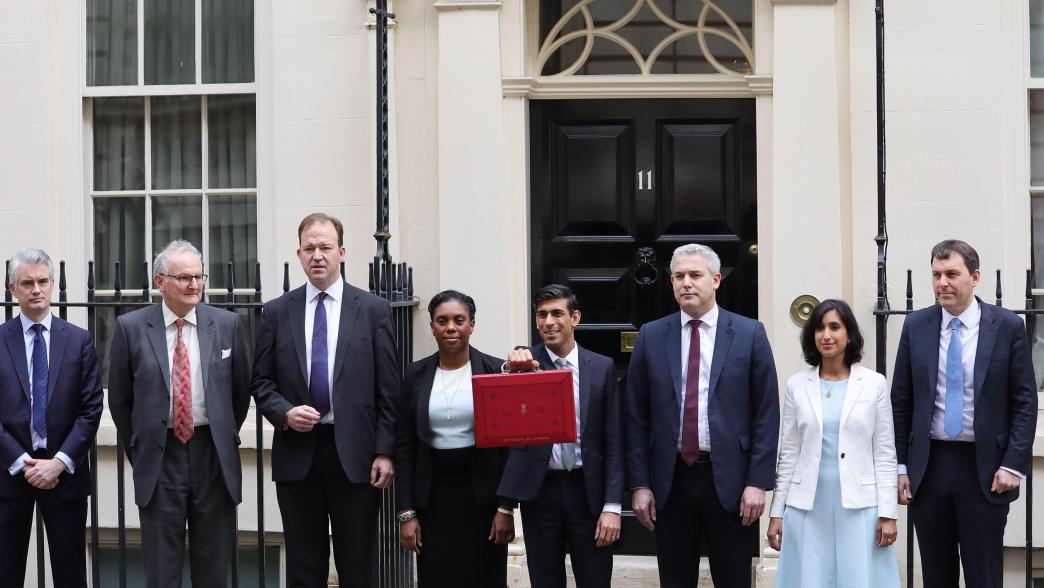'How to' guide
Working in a ministerial team
How well a ministerial team works depends greatly on the secretary of state.

IfG Academy
We help those working in government to improve it, and those outside government to understand and engage with it.
Find out more